How Does an AC Contactor Work?
An AC contactor is a type of electromagnetic switch used for making and breaking connections in an electrical circuit. The primary function of a contactor is to control the flow of current in an AC power system. Here's a step-by-step look at how it operates:
- 1. Electromagnetic Operation: The contactor operates based on the principle of electromagnetic induction. When current flows through the coil, it creates a magnetic field that attracts a metal armature.
- 2. Contact Engagement: The armature's movement causes the contacts (usually three) to close, thereby completing the circuit and allowing current to flow through the main contacts.
- 3. High Current Handling: The main contacts are designed to handle high currents and are typically made of materials that can withstand high temperatures and electrical stress.
- 4. Release Mechanism: When the current in the control coil is interrupted, the magnetic field collapses, and a spring mechanism releases the armature, causing the contacts to open and interrupt the current flow.
- 5. Safety and Automation: Contactors are often used in automated systems where safety is a concern, as they can be remotely controlled and can handle high currents that would be dangerous for a human to manage directly.
What Are the Advantages of AC Contactors for Power Systems?
AC contactors offer several advantages that make them indispensable in power systems. Here are some key benefits:
1. Remote Operation: Contactors can be controlled remotely, which is beneficial in environments where manual operation is not feasible or safe.
2. High Current Switching: They are capable of switching high currents, making them suitable for industrial applications where large amounts of power need to be controlled.
3. Reliability: AC contactors are designed to withstand repeated operations without failure, ensuring reliable performance over time.
4. Safety: By automating the switching process, contactors reduce the risk of electrical shock to operators.
5. Efficiency: Contactors can help in reducing energy waste by ensuring that power is only supplied when needed, thus improving the overall efficiency of the system.
6. Versatility: They can be used in a variety of applications, from simple motor control to complex automation systems.
7. Maintenance Reduction: Due to their robust design, contactors require less frequent maintenance compared to other types of switches.
What Causes Heavy-Duty AC Contactors to Fail?
Despite their robust design, heavy-duty AC contactors can fail under certain circumstances. Here are some common causes of failure:
Overloading: If a contactor is subjected to currents beyond its rating, it can overheating and eventual failure.
Arcing: When the contacts open, an electrical arc can form, which can cause damage to the contacts over time, increased resistance and potential failure.
Wear and Tear: Like any mechanical component, contactors can wear out due to the repetitive opening and closing of the contacts.
Corrosion: Exposure to corrosive environments can damage the contacts and other components, poor conductivity and failure.
Misalignment: If the contacts become misaligned, they may not make proper contact, poor electrical connections and potential failure.
Contaminated Environments: Dust, dirt, and other contaminants can accumulate on the contacts, affecting their ability to make and break the circuit properly.
Voltage Surges: Sudden voltage surges can damage the contactor's coil, failure.
Incorrect Installation: Improper installation can mechanical stress on the contactor, causing it to fail prematurely.
AC contactors are critical components in power systems, offering a range of benefits from remote operation to increased safety. However, they are not immune to failure, and understanding the common causes can help in maintaining their longevity and ensuring the reliability of the power systems they control. Regular maintenance, proper installation, and selecting the right contactor for the application are key to preventing failures and ensuring the efficient operation of AC contactors.



 English
English  Français
Français  中文简体
中文简体  русский
русский  Español
Español  عربى
عربى 


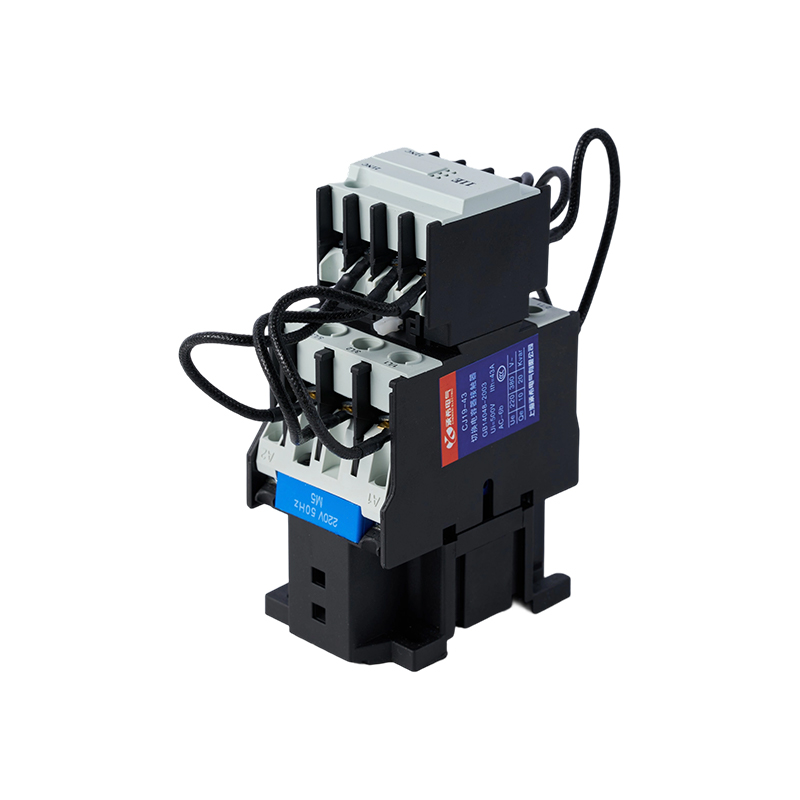
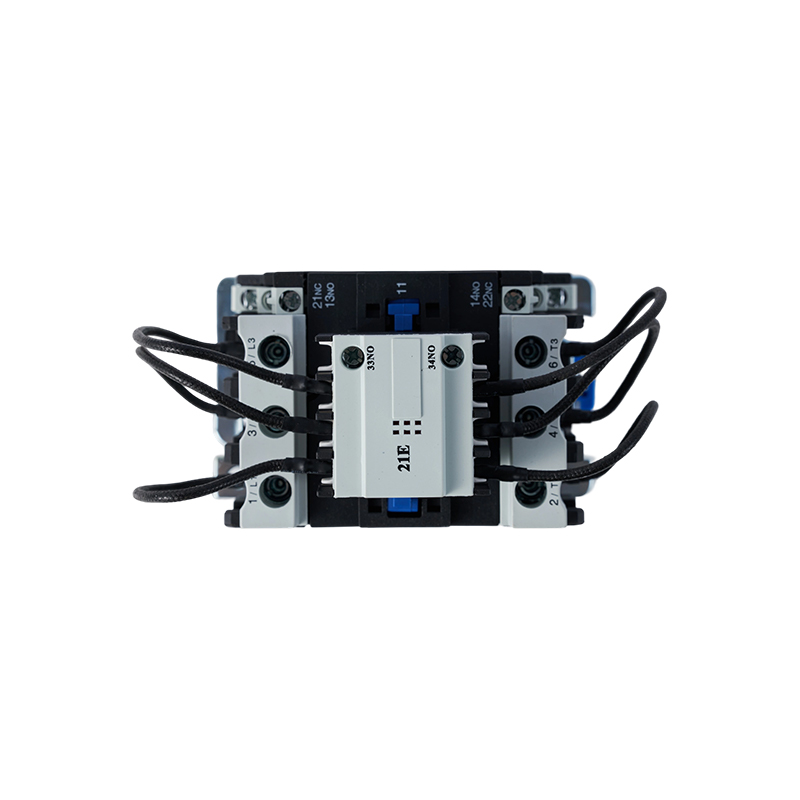
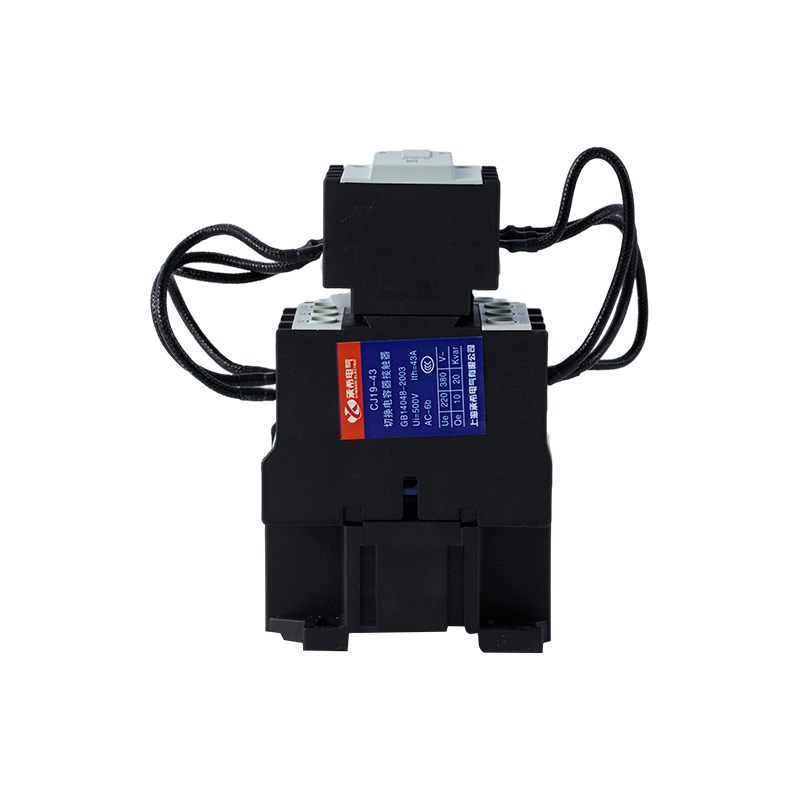
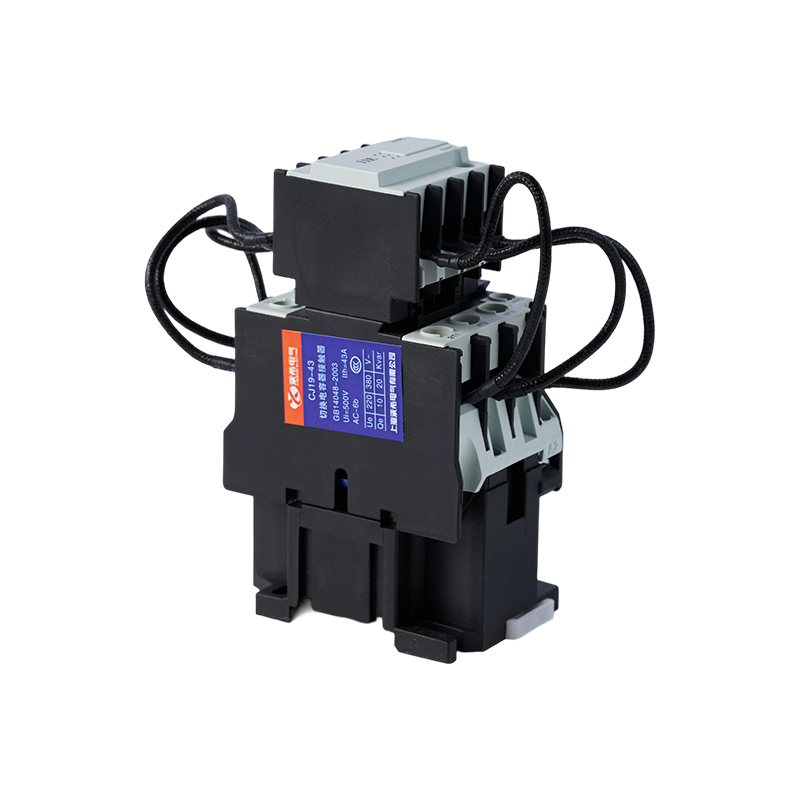
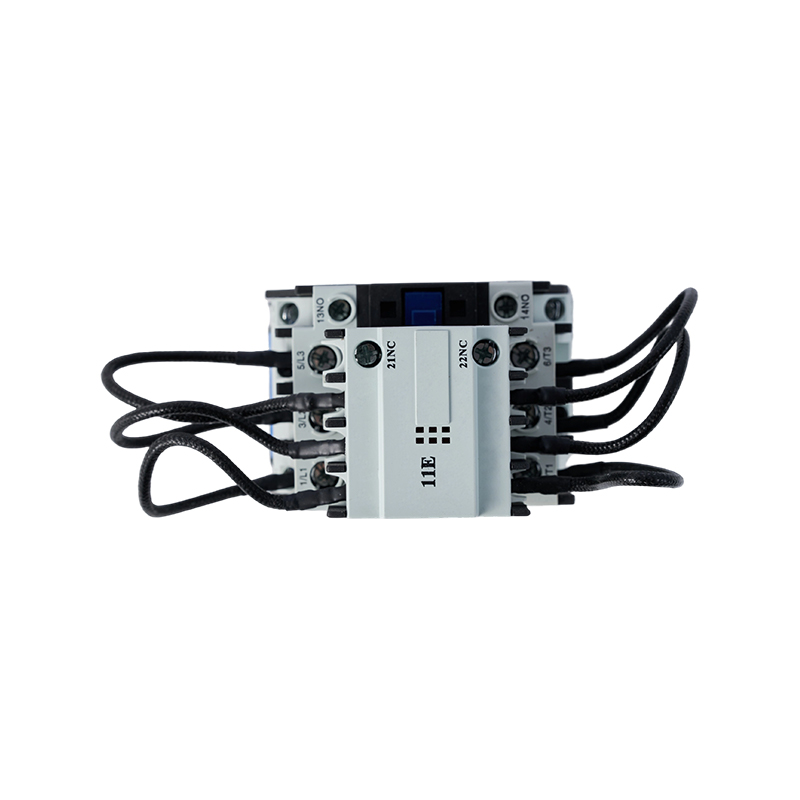
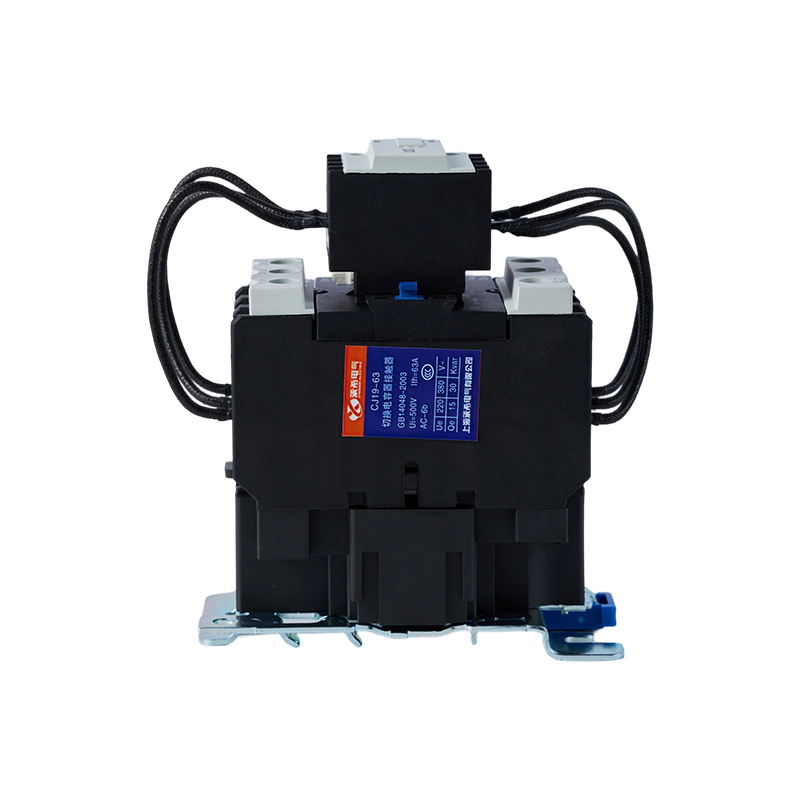
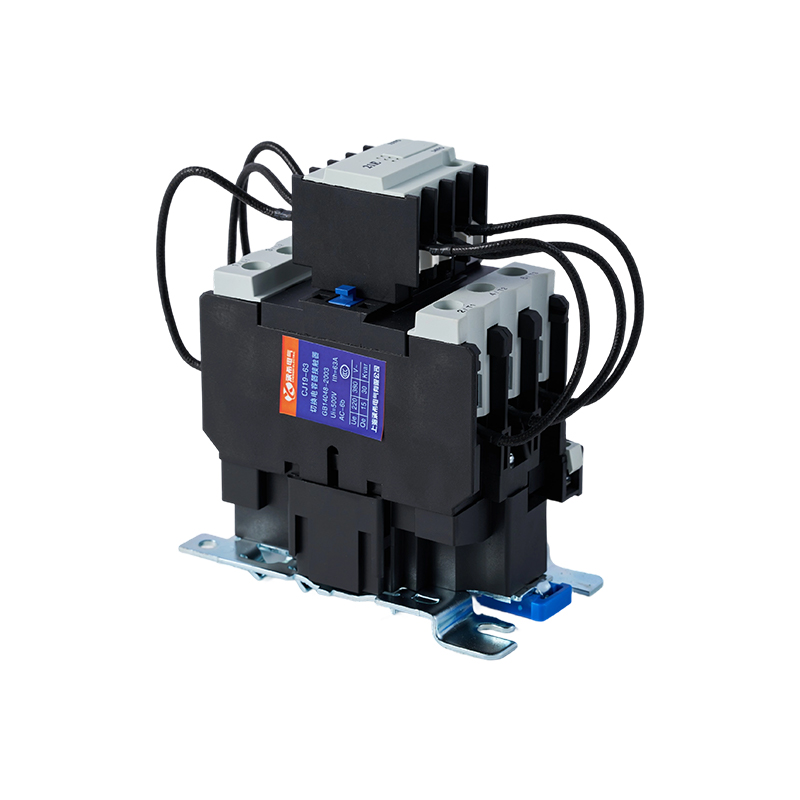
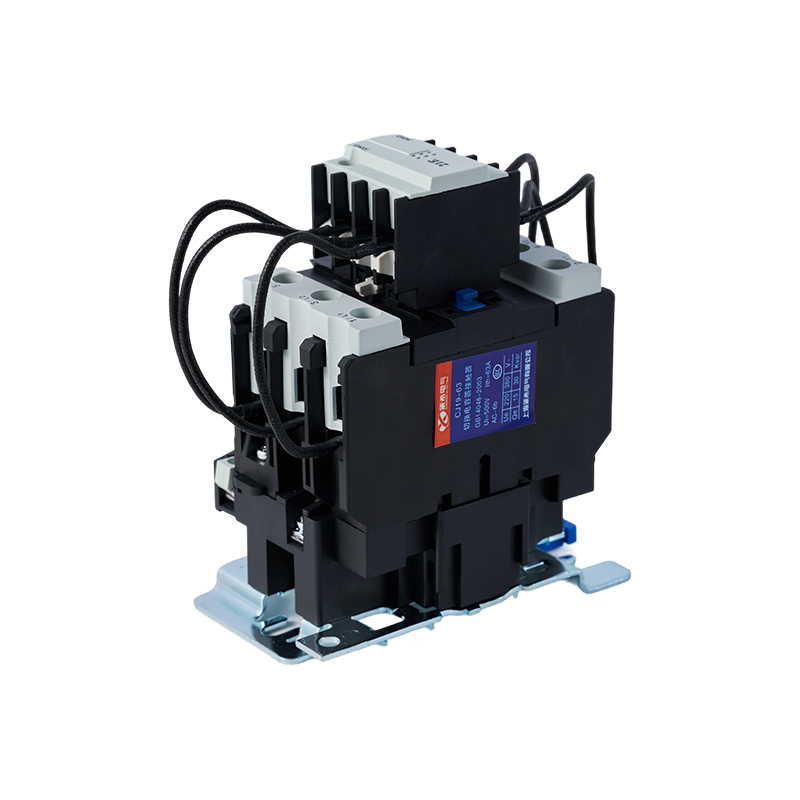

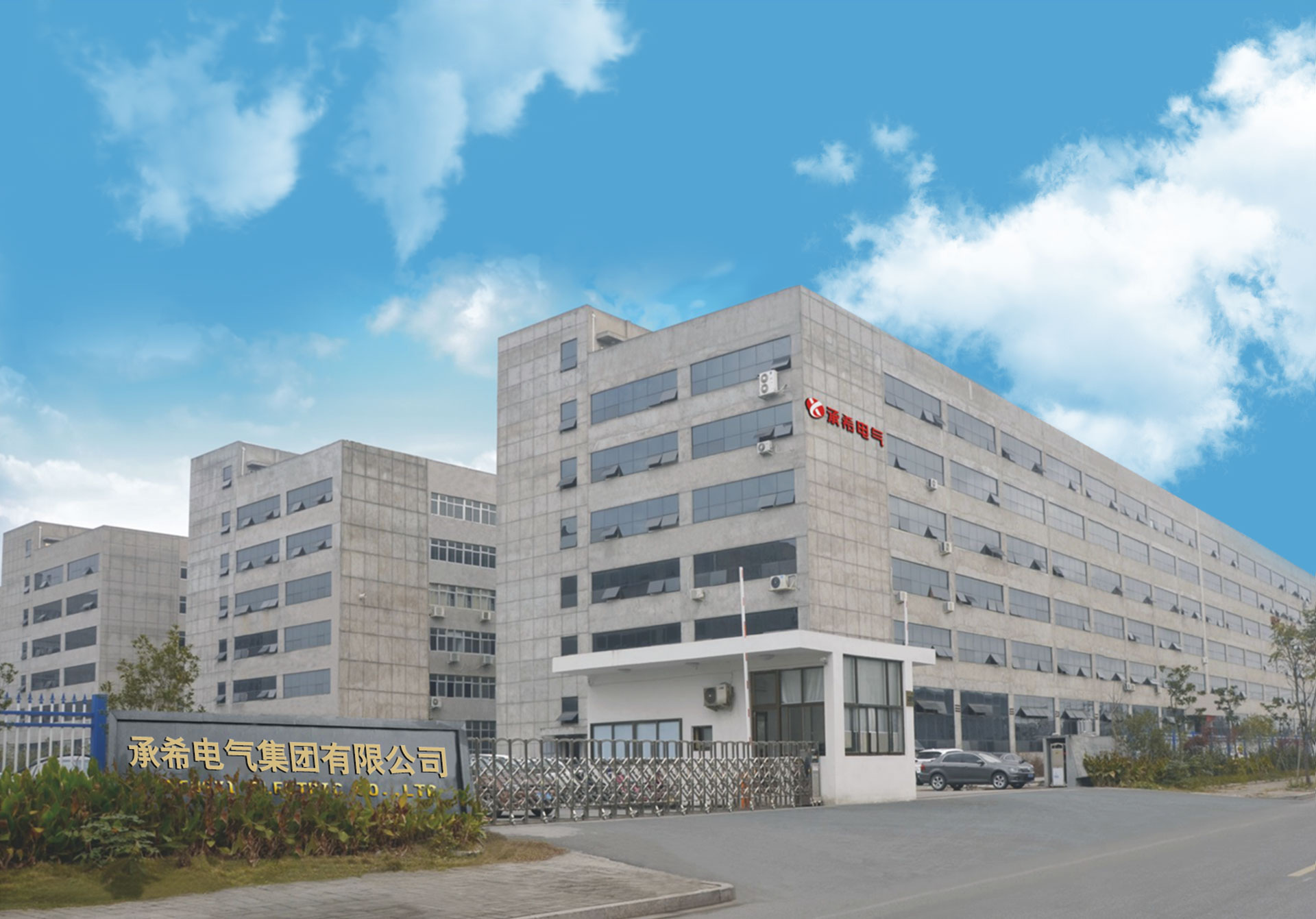







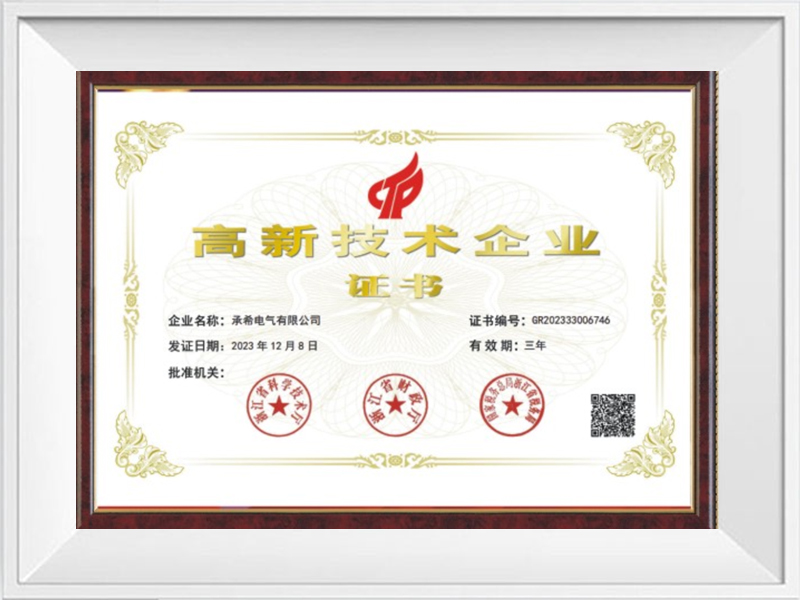

 +86-18067486879
+86-18067486879 
 281 Wei 15th Road, Yueqing Economic Development Zone, Zhejiang, China
281 Wei 15th Road, Yueqing Economic Development Zone, Zhejiang, China 